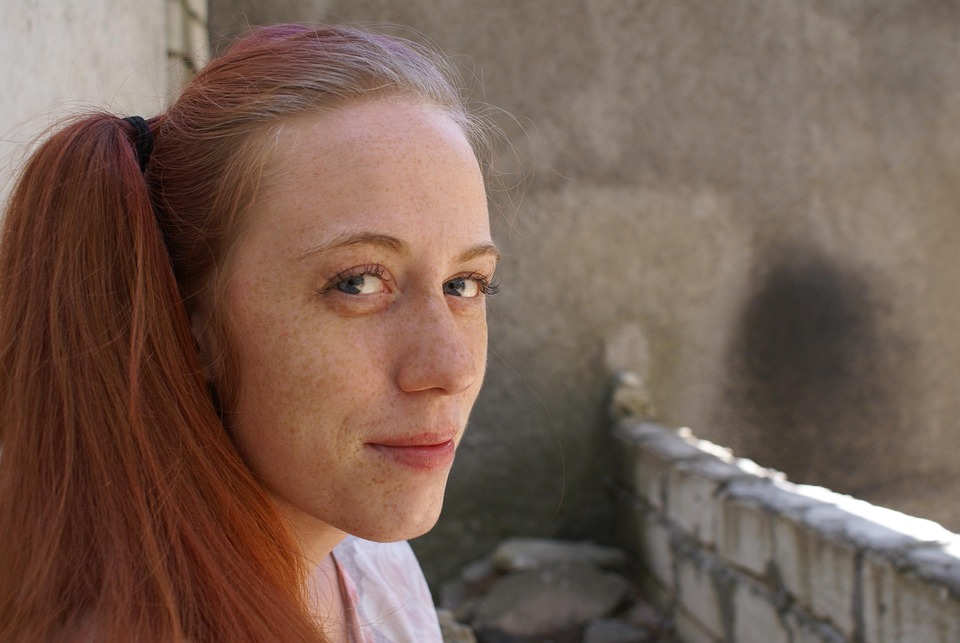Essential Interview Guides for Counsellors: Tips and Techniques for Success
Navigating the labyrinth of a counselling interview can be daunting, both for the interviewer and the interviewee. The stakes are high, as the right candidate can make a profound difference in the lives of those they help. Here are some indispensable tips and techniques that can pave the way for success.
Understanding the Role
-
Know Your Clientele
A profound understanding of the demographic you aim to serve is crucial. Whether it’s adolescents grappling with identity issues or adults facing life transitions, each group presents unique challenges. Familiarise yourself with common psychological issues that may arise within these populations—this knowledge will not only inform your approach but also demonstrate your commitment to potential employers. -
Familiarise with Ethical Guidelines
An essential aspect of counselling is the ethical framework that underpins the profession. Brush up on the British Association for Counselling and Psychotherapy (BACP) guidelines. Showing awareness of ethical dilemmas and how to navigate them during your interview can set you apart as a thoughtful and responsible candidate.
Mastering Interview Techniques
-
Active Listening Skills
In counselling, the ability to listen is paramount. During the interview, practice active listening techniques. Nod, maintain eye contact, and provide verbal affirmations. This not only shows that you are engaged but also mirrors the core skills you will use in your practice. -
Reflective Responses
When posed with challenging questions, take a moment to reflect before responding. This approach illustrates thoughtfulness and a deep understanding of the complexities of counselling work. It’s perfectly acceptable to take a brief pause; it conveys that you are processing the information seriously. -
Scenario-Based Questions
Be prepared for situational questions that assess your problem-solving capabilities. For instance, you might be asked how you would handle a client who is resistant to therapy. Frame your answers using the STAR method (Situation, Task, Action, Result) to provide structured and comprehensive responses.
Building Rapport
-
Establishing Connection
From the moment you step into the interview room, aim to establish rapport with your interviewers. A warm smile, a firm handshake, and open body language can create an inviting atmosphere. Remember, the interview isn’t just a one-way street; it’s an opportunity for both parties to gauge compatibility. -
Expressing Your Passion
Your enthusiasm for counselling should shine through in every answer. Share personal anecdotes or experiences that led you to this profession. Authenticity resonates, and your genuine passion for helping others can leave a lasting impression.
Leaving a Lasting Impression
-
Ask Thoughtful Questions
When given the opportunity, pose insightful questions about the organisation and its approach to counselling. Inquire about professional development opportunities or the team’s collaborative dynamics. This demonstrates your proactive mindset and commitment to your own growth. -
Follow-Up Etiquette
After the interview, don’t underestimate the power of a thoughtful thank-you email. A brief note expressing gratitude for the opportunity to interview can reinforce your enthusiasm and professionalism.
Navigating the intricacies of a counselling interview is no small feat. Yet, with a blend of preparation, self-awareness, and genuine passion, success is within your reach. Remember, every interview is a stepping stone in your journey, and learning from each experience will only enhance your skills as a future counsellor.
For those seeking a wealth of resources to refine their applications further, CVPortal continues to deliver a plethora of quality CV references tailored to meet your professional aspirations.


